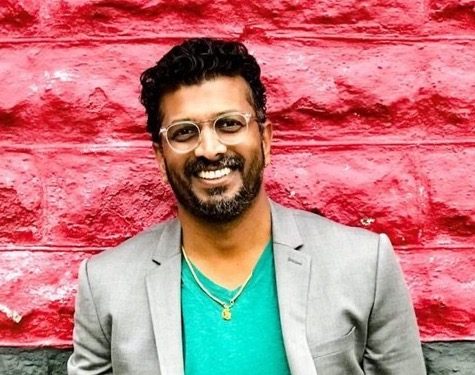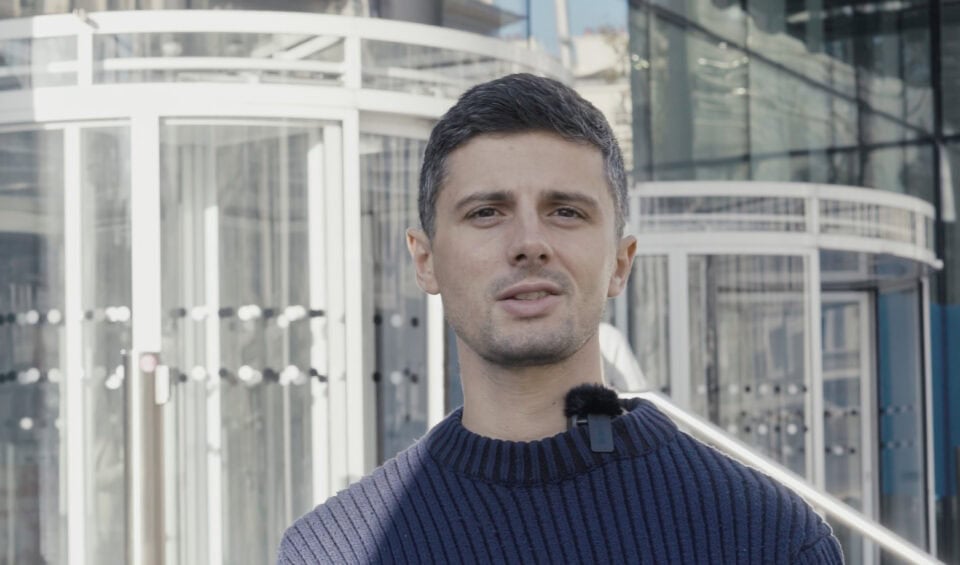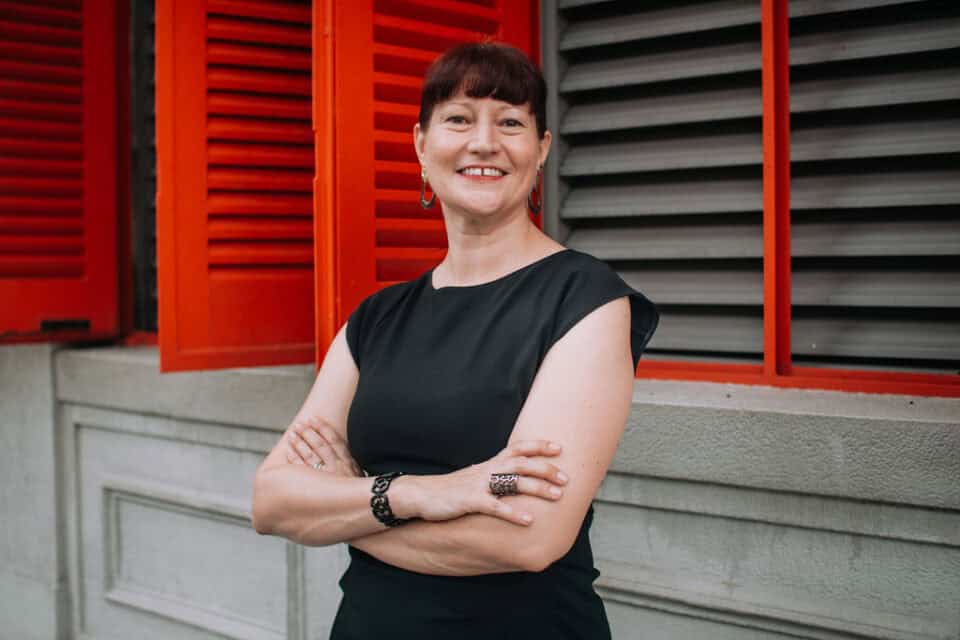Girish Ballolla is the CEO and founder of GenNext Education. He is extremely cognisant of the affirming interactions humans have that serve to alter their trajectories or “bend destinies”. And his relentless passion for the international education profession, coupled with a strong dose of resourcefulness, is helping him “MacGuiver” his way through life.
Describe yourself in three words.
Relentless, resilient and resourceful.
What about the current state of the sector keeps you awake at night?
One thing is what’s going on geopolitically and how that impacts policy and access to education. International students bring $42 billion to the US economy but they should not be seen as cash cows. Instead, let’s talk about the value they bring to this culture to their host countries. Yet at the same time I’m seeing a move toward closing borders and limiting how many international students can come in or what they can do after. It really concerns me that countries will say, ‘We want you because we want your money but then you have to leave.’ It bothers me that students have become commodities.
Education is becoming more and more expensive, which means less and less access. We are constantly focused on how we can make this a better world. If we can enhance transnational mobility, it can enhance mutual understanding. So what drives all of the work we do at Gen Next is creating more access to students for transnational education.
What is one of the best work trips you’ve ever taken?
Every work trip is a great work trip because I’m often at a conference with my colleagues, sharing best practices, ideating and celebrating each other, which is always positive. But some of the best work trips are when I go into a school, and I’m given the opportunity to address students.
What’s one story about a student that stays with you?
About a dozen years ago, I was in a school in Delhi and one of the young women spoke to me about the hope my presentation had given her. Fast forward multiple visits back to Delhi, I see her again, as she attends all the events we hosted and had started to bring her family to the events as well, including her little brother who was five at that time.
We took a photo and counselled her through the process we offer in India, and she ended up going to the US to for her undergraduate and master’s degrees and now she’s doing a PhD in neuroscience at the University of Georgia.
Then I was in Doha in early October for the IACAC Middle East regional institute and the last day of the institute was a university fair that was hosted on the Georgetown Doha campus and this kid walks up beaming and gives me a big hug and said, ‘Remember me?’ It was her [now teenage] brother who also became an international student.
The fact that I could have a small role – whether as a catalyst, or a coach or a cheerleader – to help with the process, makes me realise how incredibly blessed I am.
What is one piece of advice you would give to an aspiring international educator?
I know it’s a natural human tendency to get caught up with careers, job prospects, promotions and titles– and that’s fair enough because it’s human and everybody wants to do well. But always keep in mind that everything we do is for the students.
What is one of the most important skills for someone working in international education?
The obvious ones are great communication, collaboration, critical thinking and creative problem-solving skills. God knows we need more creative solutions to the problems we face every day. But above all, we need empathy and understanding.
Think about how much courage it takes for a young kid to leave everything they know to move to a different country where their language is not the first language. It’s important to have empathy and understanding and remember how courageous they are to do this at 17-18 years old.
What is a book or a podcast recommendation for others in the sector?
Destiny Benders! The whole idea behind the podcast was because we don’t really hear about the stories of the people in the industry. We shouldn’t lose sight of the fact that the people come into this industry because they have a strong draw toward creating global citizens and creating understanding around the world.
Their stories, and their journeys and their lives have been bent by their experiences and people who came into their lives… are destiny benders! And the destiny bending work that they’re doing is changing lives, so that’s why I wanted to do this and I’m so thankful Jessica [Guiver] was able to partner with me.
As for books, I would recommend people in international education read more business books. I think if our industry thought a little bit more entrepreneurially, we might accomplish more and be more nimble.
Tell us about an exciting initiative you’re currently working on.
Our RecruitEd platform, an ecosystem we just launched to help universities have a better line of sight with their agents is exciting. Our global tours are exciting. But if I had to pick just one, it would be the g2 event series. g2 stands for GlobalEd Gatherings, and they create access to professional development for those who really need it.
In 2024 we’re doing the g2 in February, focused more on institutional partnerships. And then the undergraduate admissions recruitment counselling events in India, Dubai, Nairobi, and the one global one that we always do in June virtually, which is accessible to many more people.
As a company, our culture is that we’re relentless, resilient and resourceful. We figure it out. There’s a Hindi word, jugaad, that means an innovative fix or ingenious solution. It really just means “MacGyver-ing” life. It means figuring it out how to make things happen. I didn’t know the word growing up because I’m not a Hindi speaker. But now, if I if I had to describe my life in one word, it’s definitely jugaad.











